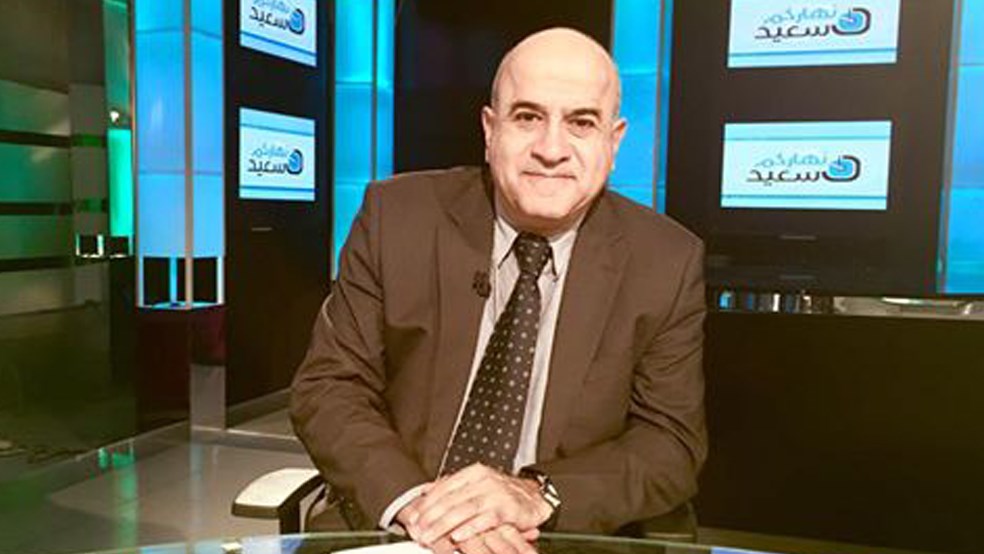The Israeli-Lebanese Negotiations and their Equivocations
Charles Elias Chartouni/October 03/2020
شارل الياس شرتوني: المفاوضات الإسرائيلية اللبنانية ومراوغاتها
Lebanese and international observers wonder about the scope of these negotiations and their incidence on Lebanon’s bankrupted politics and economics.
The ambiguities have prevailed all along starting with their purview, institutional qualifications of the negotiator ( Nabih Berri ? ), operational agenda ( tracing the maritime and land borders ? ), and their overall incidence on the future relationships with the State of Israel, the future course of normalization ushered with the UAE-Israel peace deal, and the sweep of the American intermediation.
This abrupt turnaround comes at the heels of a concatenated conflictual process, whereby the subjugation politics of Shiite fascism, total war scenarios, subverted French mediation, and oligarchic subterranean deals were dooming the political fortunes of a decaying Republic.
How can a ramschackle Republic conduct a negotiation process of such magnitude, while the basics of Statehood are non existent.
The very fact that Nabih Berri were to steer the initial stages of the impending negotiations, raises major questions insofar as the separation of powers inherent to a democratic regime, the political connotations of the ongoing modus operandi, the extent of these negotiations, and their eventual integration into the restructuring of a dissipating State structure.
Yuval Steinitz, the Israeli minister of energy statement about the future of these negotiations was more explicit in this regard, than the casuistry of oligarchic backdoor politics and regional power politics orchestrations.
Steinitz said plainly “ we don’t want to see Lebanon collapsing… and we hope Lebanon will be a global capital of natural gas and will develop all of its natural resources “, whereas the calculations of the Shiite power player, Nabih Berri, aim at deflecting the diplomatic pressure elicited by the joint coup d’État mounted jointly with Hezbollah, evading the financial sanctions which have hit his subordinate, Ali Hassan Khalil, and put at stake the vested interests of the vast oligarchic network he manages.
Otherwise, the selective diplomatic scope ( the charting of maritime borders) might be self defeating if it fails to dovetail larger objectives of overall political normalization with Israel, and keeps up with the sabotaging strategy devised by Iranian power politics. The political connotations of this diplomatic maneuvering are as critical as the technical components, if we ever expect tangible outcomes in regard of resource management, technical and commercial partnerships. This diplomatic process cannot condone political curtailments, doublespeak and insidious sabotaging, and that’s where lies the Achilles heel that may spike this undertaking at its very onset.
The American arbitration cannot overlook the sway of Iranian power politics, the simulacrums of Lebanese Statehood, and the tenacity of the spoils system which defines the essence of governance.
Therefore, we should proceed cautiously and restrain from drawing hasty conclusions and engaging in hazardous conjectures. Lebanon has to rebuild its Statehood, rehabilitate its sovereignty and set its civil peace on a steady course, before engaging Israel and the UN in diplomatic Statecraft, at a time when Shiite and Sunnite subversive power politics are on a collision course, the very notion of national legitimacy is questioned by Shiite revisionism and power politics, and civil peace is subjected to the pull and sway of total war and its brutalities.




















